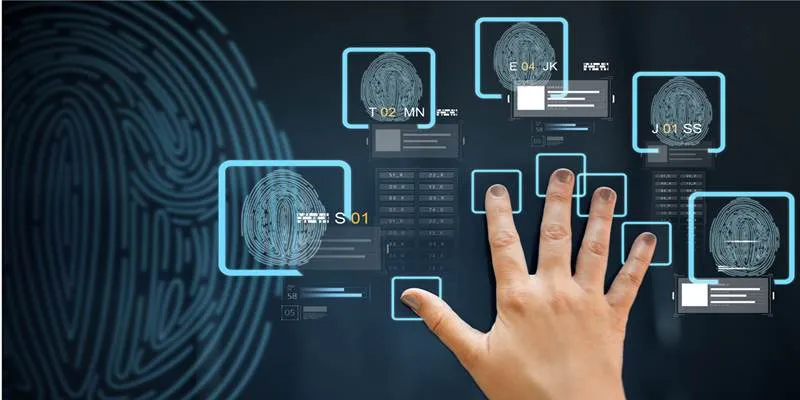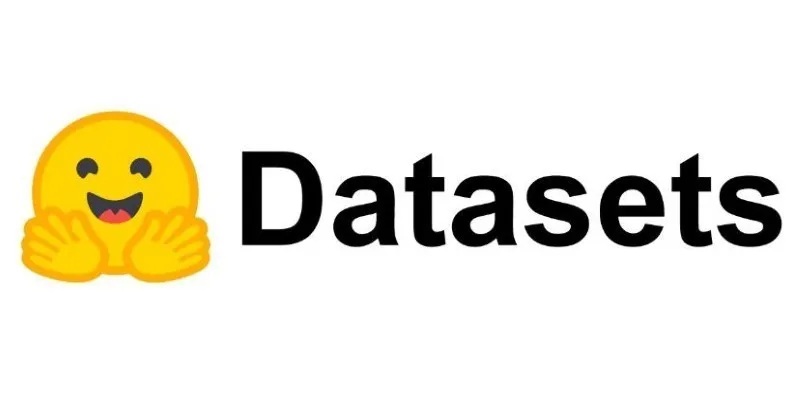Artificial intelligence (AI) is transforming our world faster than we could have ever imagined. From healthcare innovations to smart assistants, AI is becoming an integral part of daily life. However, with great power comes great responsibility. While discussions often revolve around avoiding the risks associated with AI, such as job loss or bias, it’s important to recognize that responsible AI is about much more than just managing risks.

Understanding Responsible AI
Responsible AI is not just about ticking boxes—it’s a mindset. Many companies approach AI risks like any other technology issue, adding safety layers and testing systems. However, responsible AI goes much deeper. It involves asking critical questions, such as:
- Does this AI help users or harm them?
- Can all people benefit from this system?
- Does it respect privacy and freedom?
Ethical innovation requires asking “Can we?” and “Should we?"—guiding choices from conception to impact. Responsible AI evaluates outcomes, not just functionality.
Fairness: A Core Principle
Fairness is a fundamental principle of ethical AI. Concerns often arise that AI systems might favor one group over another, as AI learns from data that can harbor hidden biases. If unaddressed, these biases lead to unethical outcomes, such as unfair job application rejections. Developers must actively ensure fairness by designing systems that are inclusive from the start. Fair systems treat everyone with respect, paving the way for long-term success.
Transparency Builds Trust
Transparency in AI means being open about how systems work. Many AI applications operate as black boxes, making it hard for users to trust them. Responsible AI should clearly outline the data sources, learning processes, and decision-making mechanisms. This openness fosters user confidence and helps developers learn from mistakes and improve models. Transparency is about respect and trust, not revealing trade secrets.

Privacy and Consent Matter
AI systems often require personal data to function effectively, but this data must be handled with care. Organizations need to clearly inform users about data collection and usage. Responsible AI ensures that users provide informed consent, with straightforward and revocable terms. For example, healthcare apps must transparently communicate how patient data is managed. Protecting privacy and securing data fosters trust and encourages AI adoption.
The Importance of Human Oversight
While AI can act swiftly and efficiently, it should never replace human decision-making, especially in critical areas like medicine, law, or finance. Human oversight is essential to ensure AI complements rather than replaces human judgment. Monitoring AI activities allows for early error detection and maintains system safety. Human oversight adds empathy and care, enhancing AI’s reliability and responsibility.
Inclusion Creates Stronger Systems
AI development often involves teams with similar backgrounds, leading to limited perspectives. To build responsible AI, inclusive teams with diverse cultures, communities, and experiences are crucial. Inclusion helps identify biases, foresee challenges, and create user-friendly systems that meet real-world needs. Diverse teams develop AI technologies that are beneficial to a broader audience, fostering fairness, trust, and innovation.
Conclusion
Responsible AI is about creating a better future, not just preventing harm. By designing AI with fairness, transparency, privacy, and oversight in mind, we can build systems that benefit everyone. Leading with values builds trust, inspires creativity, and mitigates future issues. AI should support human aspirations rather than replace human care. Our choices today shape the world of tomorrow. Let’s take responsibility to reduce risk and drive meaningful change through AI.
 zfn9
zfn9






















